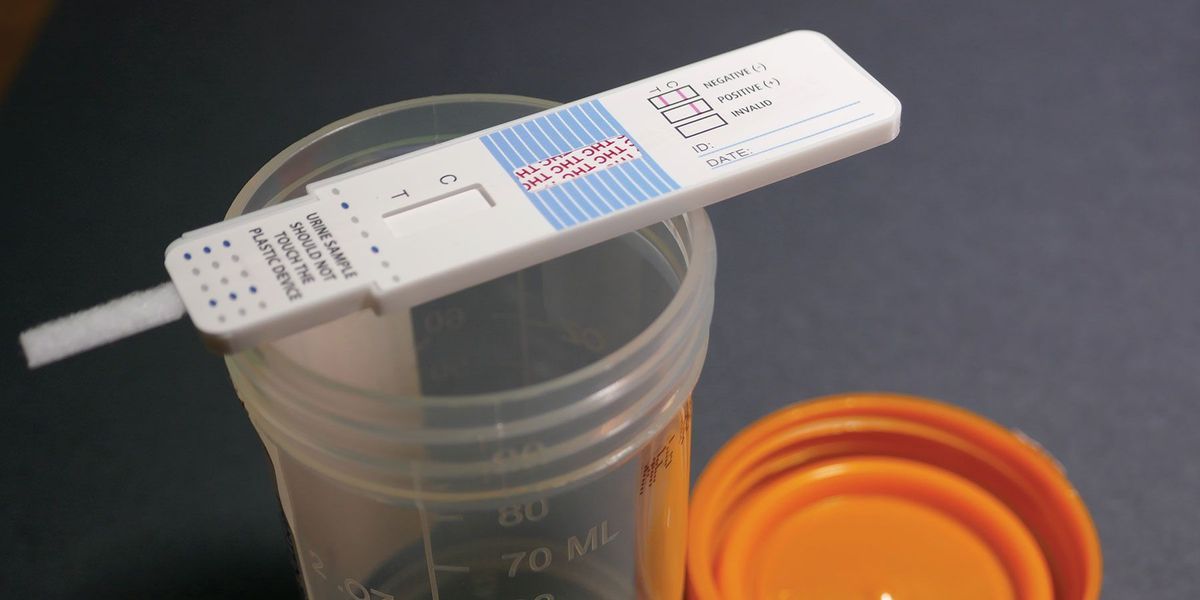Pregnancy is an exciting time filled with anticipation and joy. However, it’s also a period when you need to take extra care of your health and well-being. Ensuring a healthy and safe pregnancy involves more than just regular doctor visits; it requires a balanced approach to nutrition, exercise, and general self-care. In this guide, we’ll walk you through everything you need to know to make the most of this incredible journey.
Understanding the Basics of Pregnancy
Pregnancy typically lasts about 40 weeks, divided into three trimesters. Each trimester has its own set of changes and challenges. The first trimester is when the baby’s organs begin to develop. The second trimester is a time when many women feel their best, and the third trimester is when your baby grows rapidly and gets ready for birth.
First Trimester: The Foundation
During the first trimester, your body undergoes significant changes. You might experience morning sickness, fatigue, and mood swings. It’s crucial to start taking prenatal vitamins, which contain folic acid to help prevent birth defects. Eating small, frequent meals can help with nausea, and staying hydrated is essential.
Second Trimester: The Growth Phase
In the second trimester, you might notice a boost in energy. This is a great time to start thinking about your exercise routine and eating a balanced diet. Regular prenatal check-ups will monitor your baby’s development and help you stay on track with your health. You can also read this: Leave No Tittynope: Surprising Ways to Use All of Your Food
Third Trimester: Preparing for Birth
The third trimester is all about preparing for the arrival of your baby. You’ll likely experience more discomfort as your baby grows. It’s important to focus on prenatal classes, creating a birth plan, and preparing your home for the baby’s arrival.
Eating Right for Two: Nutrition Tips
Good nutrition is vital for a healthy pregnancy. Your body needs extra nutrients to support the growth of your baby and maintain your own health. Here’s what you should focus on:
Balanced Diet
Aim for a balanced diet that includes a variety of foods. Fruits, vegetables, whole grains, and lean proteins are all important. Try to include foods rich in calcium, iron, and protein, as these are crucial for your baby’s development.
Hydration
Staying hydrated is essential. Aim to drink at least 8-10 glasses of water a day. Proper hydration helps with digestion and can reduce common pregnancy issues like constipation.
Foods to Avoid
Certain foods should be avoided during pregnancy to ensure your safety and your baby’s. These include raw seafood, undercooked meats, and unpasteurized dairy products. It’s also wise to limit caffeine and avoid alcohol.
Staying Active: Exercise During Pregnancy
Exercise is beneficial for most pregnant women, but it’s important to choose activities that are safe and appropriate for your stage of pregnancy.
Benefits of Exercise
Regular exercise can help reduce stress, improve your mood, and prepare your body for labor. Activities like walking, swimming, and prenatal yoga are great options. Always consult your healthcare provider before starting any new exercise routine.
Safe Exercise Practices
Listen to your body and avoid exercises that cause discomfort. Focus on low-impact activities and make sure to warm up and cool down properly. Staying active can help you manage weight gain and promote better sleep.
Prenatal Care: Essential Check-Ups
Regular prenatal visits are crucial for monitoring the health of both you and your baby. Your healthcare provider will check your baby’s growth, listen to the heartbeat, and perform necessary tests.
What to Expect at Prenatal Visits
During these visits, your doctor will monitor your weight, blood pressure, and other vital signs. They’ll also perform ultrasounds and other tests to ensure your baby is developing normally. It’s a good time to ask any questions you have about your pregnancy.
Preparing for Birth
As you approach your due date, prenatal visits will become more frequent. These visits will help you prepare for labor and delivery. Discuss your birth plan, and make sure you understand the signs of labor and what to do when it’s time to go to the hospital.
Managing Stress: Emotional Well-Being
Pregnancy can be an emotional rollercoaster, and it’s important to manage stress and take care of your mental health.
Coping Strategies
Try relaxation techniques such as deep breathing, meditation, or prenatal massage. Talking to friends, family, or a therapist can also help you manage stress and anxiety. Remember, it’s okay to ask for help when you need it.
Support Systems
Surround yourself with supportive people who understand what you’re going through. Joining a pregnancy support group can provide you with additional resources and reassurance.
Safety First: Creating a Safe Environment
Creating a safe environment for your baby involves preparing your home and being mindful of safety practices.
Baby-Proofing Your Home
As you prepare for your baby’s arrival, think about baby-proofing your home. Secure furniture, cover electrical outlets, and keep small objects out of reach. Ensure that your baby’s sleeping area is safe, with a firm mattress and no loose bedding.
Avoiding Harmful Substances
Be cautious about exposure to harmful substances such as chemicals, tobacco smoke, and certain medications. Always check with your healthcare provider before taking any new medications or supplements.
Preparing for Labor and Delivery
Preparing for labor and delivery involves more than just packing a hospital bag. It’s about understanding what to expect and having a plan in place.
Creating a Birth Plan
A birth plan outlines your preferences for labor and delivery. While things may not always go as planned, having a birth plan can help communicate your wishes to your healthcare team. Discuss your plan with your doctor and make sure to be flexible.
Packing for the Hospital
When packing for the hospital, include essentials like comfortable clothing, toiletries, and items for the baby. Don’t forget to pack important documents and any items that will make your stay more comfortable.
Postpartum Care: Recovery and Adjustment
After your baby is born, your body will need time to recover, and you’ll need to adjust to your new role as a parent.
Physical Recovery
Your body will go through many changes after delivery. It’s important to rest, eat well, and follow any postpartum care instructions from your doctor. Pay attention to your body and seek help if you experience any unusual symptoms.
Emotional Adjustment
The postpartum period can be challenging both physically and emotionally. Don’t hesitate to reach out for support if you’re feeling overwhelmed. Support groups, counseling, and talking with loved ones can make a big difference.
Conclusion
Having a healthy and safe pregnancy involves taking care of yourself and your baby through proper nutrition, exercise, and regular medical care. It’s also important to manage stress and prepare for the changes that come with becoming a parent. By following these tips and staying informed, you can navigate your pregnancy with confidence and enjoy this special time in your life.
Remember, every pregnancy is unique, so always consult with your healthcare provider for personalized advice and support. Here’s to a healthy and happy journey to motherhood.





